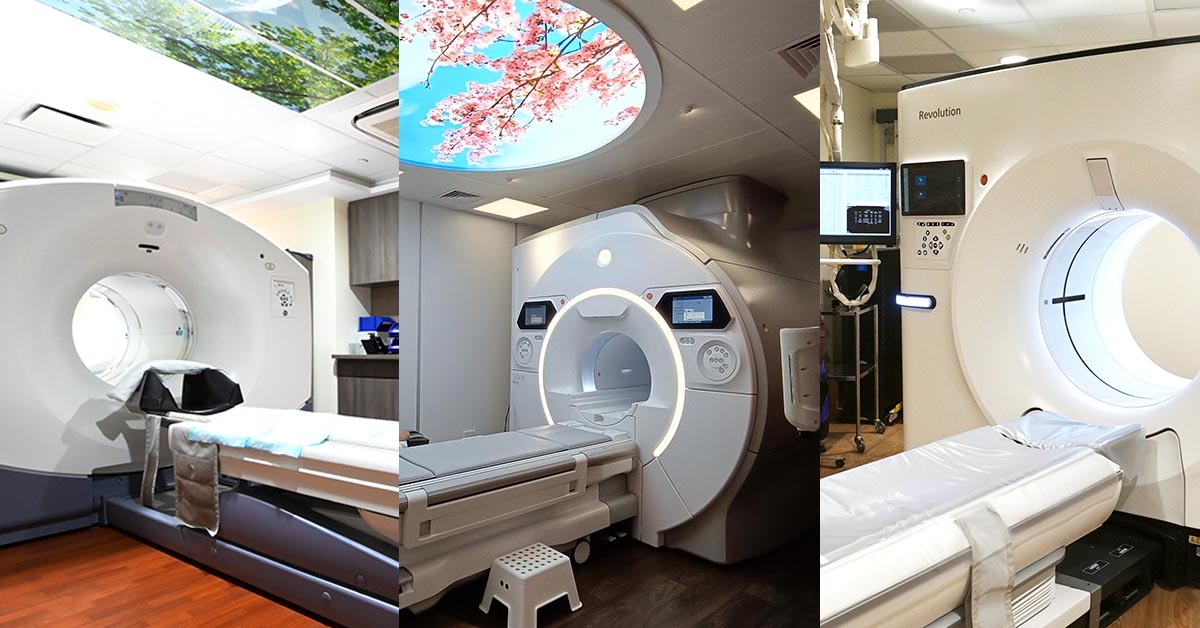
CT, MRI, and PET / CT Scans in Singapore
Medical imaging uses different techniques to help doctors look inside the body. It helps detect health issues, confirm a diagnosis, or check how well a treatment is working. Common advanced imaging tests include CT scans, MRI scans, and PET/CT scans, which are usually non-invasive or minimally invasive. If you’re curious about these scans and what they involve in Singapore, this guide will provide helpful information.
Differences Between CT, MRI and PET / CT Scans
Depending on the imaging requirement for each patient’s condition, a different imaging test (or a combination of tests) may be required. In general:
- CT scan uses X-rays to take detailed pictures of tissues, organs, and bones. It is a quick imaging test with excellent details that helps doctors detect conditions like cancer, heart and lung diseases, injuries, and problems with bones and hard tissues like fractures. It is also used for imaging acute conditions like trauma, internal bleeding and appendicitis.
- During the scan, the machine captures multiple cross-sectional images of your body, which a computer combines to create detailed views. These images can be rotated to see different angles or even displayed as 3D pictures.
- In some cases, a special dye called a contrast agent (iodine-based) is injected through an IV to make certain areas or blood flow to organs easier to see during the scan.
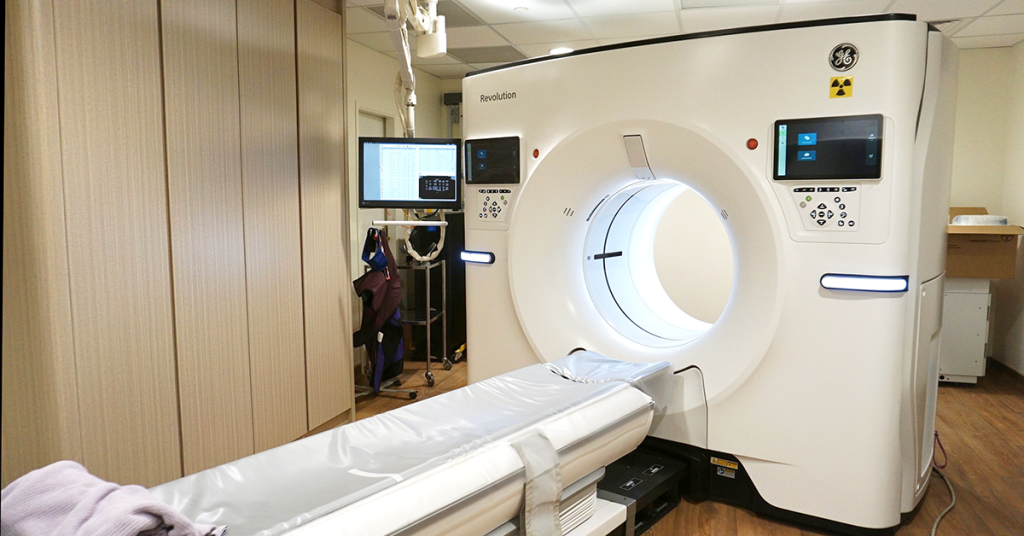
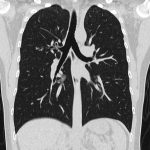
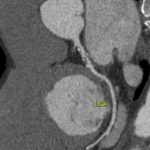
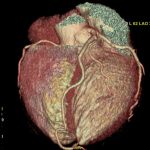
- MRI scan uses strong magnets and radio waves to take detailed images of the body.
- Unlike some other scans, it doesn’t use harmful ionizing radiation. MRI is best used for looking at soft tissues (e.g., brain, muscles, ligaments), spinal cord and nervous system, tumours, joint injuries, and certain heart conditions.
- In some cases, a special dye called a contrast agent (Gadolinium-based) is injected through an IV to make certain areas easier to see during the scan.
- While similar to CT scans in showing the body’s structure, MRI scans provide a different type of information with more superior detail for soft tissue and complex structures.
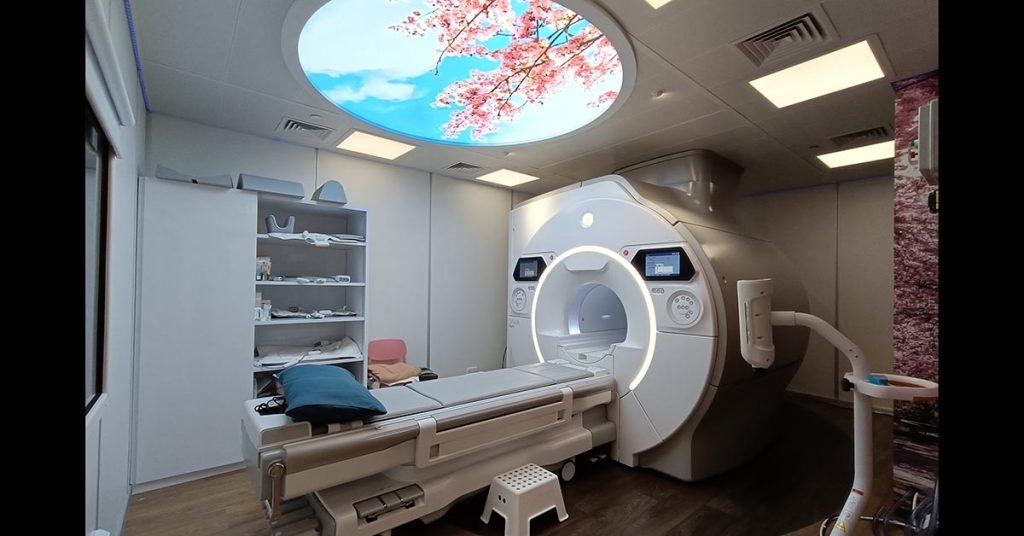
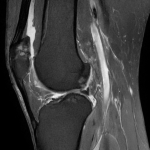
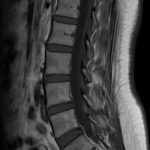
- PET / CT scan uses radioactive tracers with detailed imaging to visualise both metabolic or chemical activity and anatomical structures in the body. It involves injecting a small amount of radioactive substance (radiotracer) through an IV line into the body.
- It is commonly used for diagnosing and monitoring cancer, heart disease, and brain disorders.
- A PET / CT scan can detect abnormal changes in the body before structural changes occur. For example, cancer may be detected before tumour formation, or before it can be seen via CT or MRI scan.
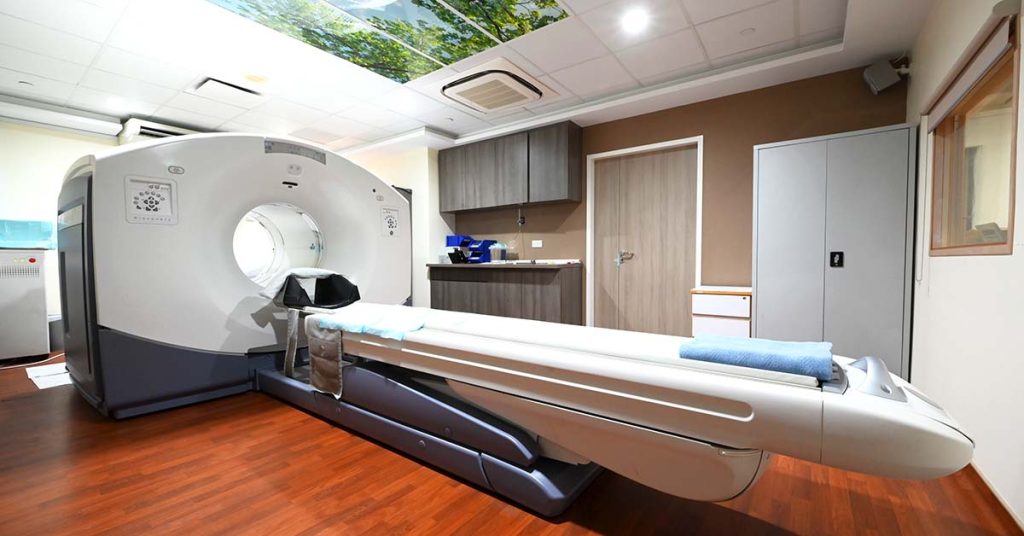
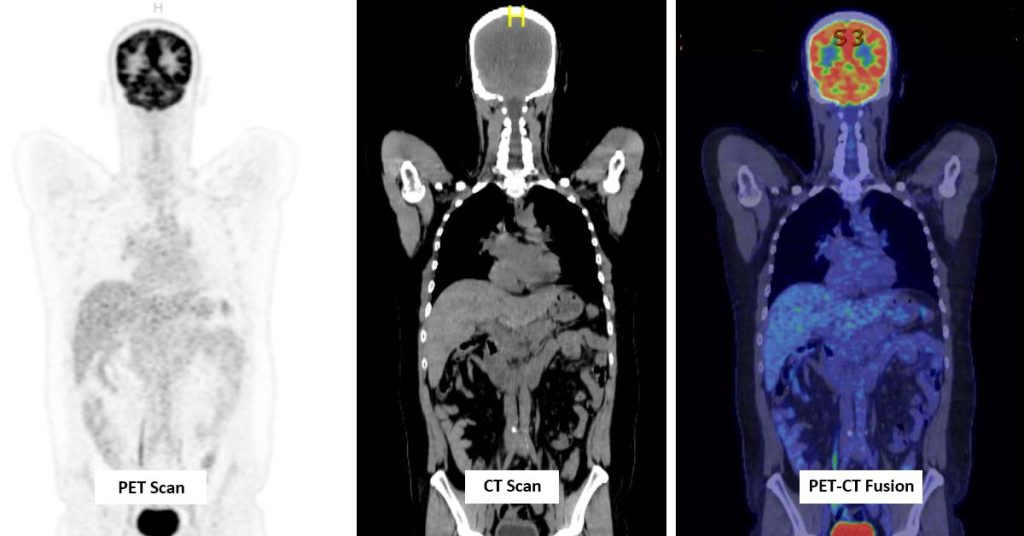
Medical Imaging at AsiaMedic
Looking to have an imaging test done? Learn more about AsiaMedic’s medical image services.




